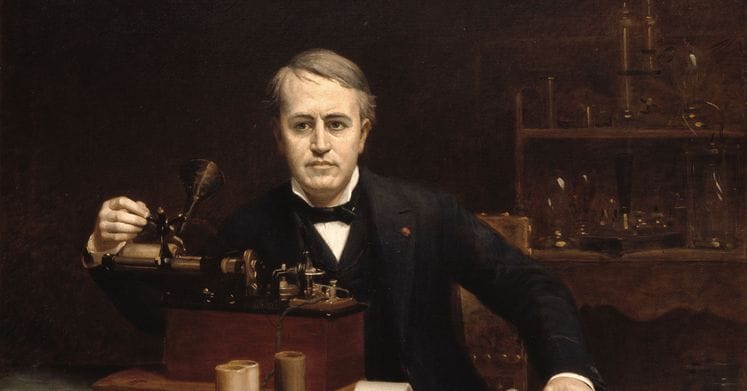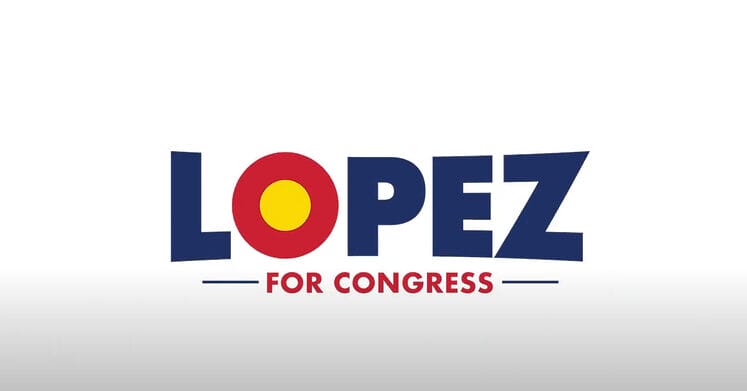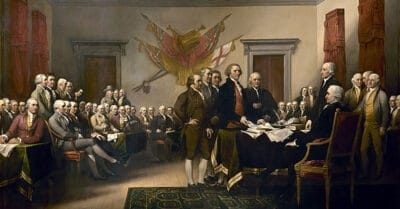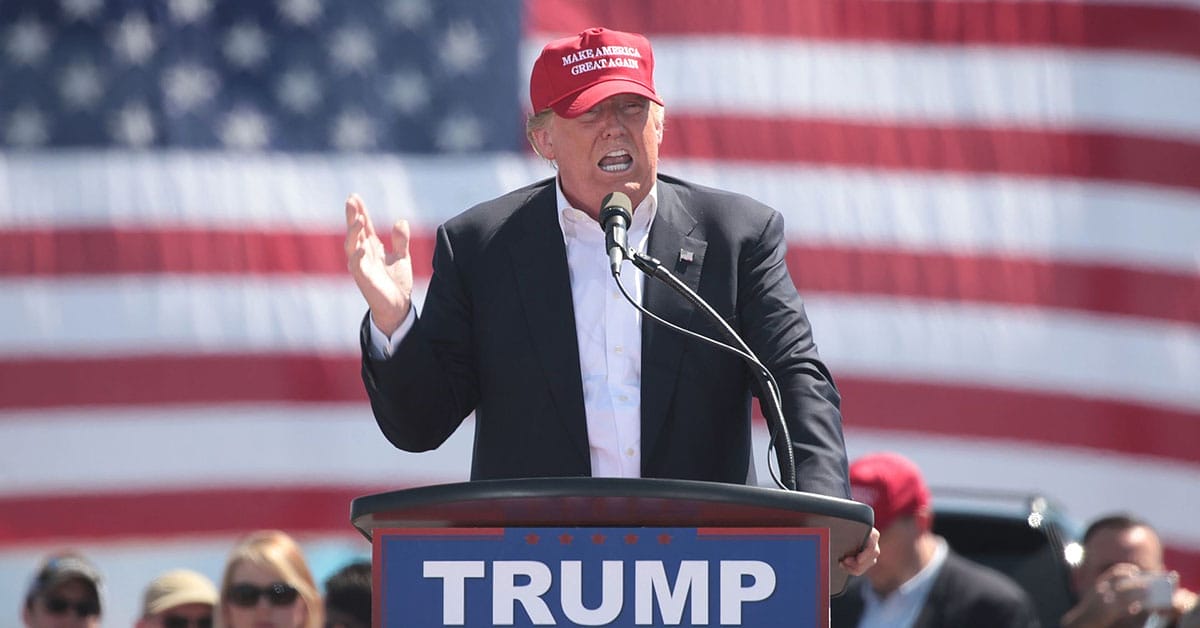Last month I made the case that students today have been essentially lied to: the cost of an education is nowhere near the promise of unlocking a high earning career thanks to the ballooning price of higher education. This has crippled many hard-working and well-meaning people by saddling them with student loans that have no foreseeable end. So what can we do about it?
The first (yet hardest to achieve) answer is to get government out of the student loan business. Ever since the government has gotten involved, the cost of tuition has increased. Despite republicans and democrats promising to solve this crisis, all of those promises have not only failed but actually made the problem worse. The central issue: too many Americans believe that the government will and should fix the problem. This is a much deeper cultural problem that cannot be tackled in this article so the question becomes how do we move the Overton window so that people begin to ask themselves whether government is a horrible solution? The answer is we need to move it slowly and to not attack and tear down fellow freedom thinkers and doers just because their solutions are not completely in-line with Madison, Jefferson, and the others. If we are taking a step towards freedom then let us take it gladly with the eventual goal in sight.
A second solution would be to correct our expectations of what a college degree can actually provide. Part of the issue is the ubiquity of a college degree and the necessity of one to acquire a job. How many jobs require a college degree but do not actually need one? Elon Musk tackled this issue with vigor. Musk does not want Tesla recruitment to require a college degree but in Musk’s words “there is a requirement for evidence of exceptional ability. I don’t consider going to college evidence of exceptional ability.” So if you are in charge of hiring or even own your own business, consider accepting applications from those who choose not to go to college but demonstrate a capacity to learn and work. If we decrease the demand for degrees, the need for government student loans will naturally follow.
It is also worth noting that licensure and minimum wage laws are inhibiting those who may not wish to pursue higher education. Since they have no experience, they are unable to work for a wage equal to their skills when the wage is artificially set. A high school kid cannot gain valuable job experience because they are not worth $15 an hour to train, so they lose out on a potential career path or valuable experience. Licensure laws that require education when it should not be required hurts so many hard-working people. Requiring people to go to beauty school just so they can be allowed to paint nails is unjust to the person who already has that skill and ability.
One of the great ironies of the government and taxpayers getting involved in student loans was the sudden attention paid to bankruptcy law. In the 1970’s a commission was formed to investigate this issue and despite less than 1% of student loans being discharged in bankruptcy, the government and taxpayers feared the worst and passed legislation that made sure students could not discharge their student loans in bankruptcy. The fact that the government feared this only shows they are ineffective in issuing student loans and that both practices need to end. A sweeping change to bankruptcy law and how it deals with student loans is long past due. If regular loans from banks are not protected from bankruptcy, then we need to stop protecting the federal government.
Another interesting solution to student loans is to incentivize universities and colleges to provide high quality degrees and classes (case in point: underwater basket weaving) through risk-sharing. The idea is institutions will share some of the risk of student loans. The simple proposals for risk-sharing involve penalties to the institutions if former students default on their debt. More complex proposals involve penalties or rewards depending on threshold rates of graduation, repayment rates, or default rates. While this is an intriguing solution, it does have some risks. With politicians and the government pushing higher education for everyone, will universities be allowed to limit their admission to students they believe will succeed or will government regulations force admissions on them? Hopefully since life is all about incentives, this would incentivize better degrees and better teaching.
Another large issue post-college is the inability of students to acquire loans. Students who have great ideas are not allowed to take out business or home loans because their debt to income ratio is too high. An interesting proposal is to not count student loan debt towards that ratio and instead only use the monthly student loan payment to decide whether the loan is risky or not. If banks are not going to get behind this, we need bold investors who will back these intrepid entrepreneurs and allow them to make the world better. We need philanthropists who would rather pay for education for struggling kids instead of the federal government. We need to teach younger generations that self-reliance and self-restraint are wonderful virtues and give them more avenues and better solutions to explore those independent paths.
These are not the only solutions, by any means, but that is the beauty of this concept of allowing the free market to create options without government at the forefront. The biggest solution I hope we all take away from today is that we the people create better solutions to fix the government’s mess and it is necessary to keep a tight leash on any grandiose governent promises.









Responses